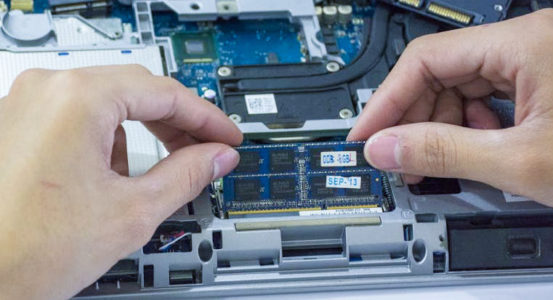New Delhi/Gurugram,29 January 2019. CyberMedia Research, a leading technology research firm from South Asia, today unveiled the India Budget Charter 2019, listing key opportunities, and recommendations for the Union Budget 2019.
A populist budget is likely around the corner as the government prepares itself for the upcoming general elections in May 2019. CMR expects the Government’s expenditure growth to slow down and the impact on CapEx will be severe if the farmer support scheme is implemented. Any large social spending schemes without proportionate measures to increase revenues may not help much in accomplishing fiscal consolidation goals.
“It is a catch 22 situation for the government as it has political compulsions to appease people with populist sops which may supersede the fiscal consolidation focus that the government had for the last few years and it get more difficult with the huge shortfall in GST collections and divestment target.,” said Thomas George, Senior Vice President and Head-CyberMedia Research & Services Ltd. (CMR).
Nevertheless, some populist measures would really help, like some relaxation of income tax rules to give consumers more income at their disposal. Similarly, some sops for startups to help bolster growth of this eco-system would also help.
“Relaxation in income tax rules would lead to more disposable income in hand, which in turn will enhance individual spending. The e-commerce and retails sectors could really benefit from it. Abolishment of the Angel Tax on startups among other things, would really help this eco-system grow,” said Anil Chopra, Vice President, Research & Consulting, CyberMedia Research & Services Ltd. (CMR).
From a technology Point-of-view, the Budget should look at providing a policy thrust for emerging technologies, including among others, Artificial Intelligence (AI) and Blockchain. This in turn, would result in new business opportunities across the spectrum, and fostering India’s leadership therein.
According to Prabhu Ram, Head-Industry Intelligence Group (IIG), CyberMedia Research & Services Ltd. (CMR), “The Budget should foster research in new emerging technology themes, such as AI by providing (a) increased allocations for R&D infrastructure development; (b) for technology education programs; (c) for fostering advanced research and development; and, (d) skilling and reskilling programs for professionals to prepare the future-ready workforce.”
Here is the CMR India Budget Charter 2019:
|
INDIA BUDGET CHARTER 2019 |
||
| Area/Sector | Recommended Action | Outcomes & Opportunities for Sectors |
| Micro, Small & Medium Enterprise Sector | Increased budgetary allocation and credit for micro, small and medium enterprises under its MUDRA programme.
Start-up & Incubation drives |
Will help in truly realizing the vision of Startup India, Standup India. |
| Rural Sector – Expansion on farmer support schemes | It will drive initiatives like mapping of land records etc which will be important for the success of such schemes | Lack of this information in some states will drive digitisation of records and farm land mapping projects. |
| Infrastructure | Multi modal logistics park and controlled capex focus | May have its effect on sectors like real estate and construction. |
|
Startups |
Abolishment of Angel Tax on Startups will support greater ease of business for startups.
Digital transactions should be encouraged.
Minimum Alternate Tax (MAT) should be done away with.
For start-ups registered with Government, the tax holiday should be extended to 5 years from existing 3 years.
|
Will help foster greater startup culture in India.
Startups can focus to building their enterprises with a long-term view, rather than focusing on immediate short-term view. |
| Incentivizing Electronics R&D, and Manufacturing
|
Lowering customs duties on components; Raising custom duties on imported finished goods.
Funds for ESDM, with matching grants from Government and industry will help in fostering ESDM Startups.
|
Component manufacturing in India will be truly incentivized.
ESDM startups will also benefit from new funding schemes, leading to India’s rise as a R&D and manufacturing hub.
|
| Automotives (Electric Vehicles) | Policy framework to encourage electric vehicles should be formulated.
To encourage electric vehicles, GST rates should be rationalized; and import duties on Lithium-Ion and other components should be reduced.
|
As a result of policy interventions, one can anticipate electric vehicle production to go up in India.
|
| Social Welfare Schemes
(PM Awas Yojna, Women Development, Swacch Bharat, Ayushman Bharat (Modicare) |
Will see higher budgetary allocations. | Real Estate and Construction will see some tailwinds.
|
| Policy Frameworks | E-commerce, AI, Payments, and Fintech could get a policy push.
Tax breaks on wearables |
Could benefit e-commerce and new age start-ups
Mass adoption of wearable devices could be foreseen. |













